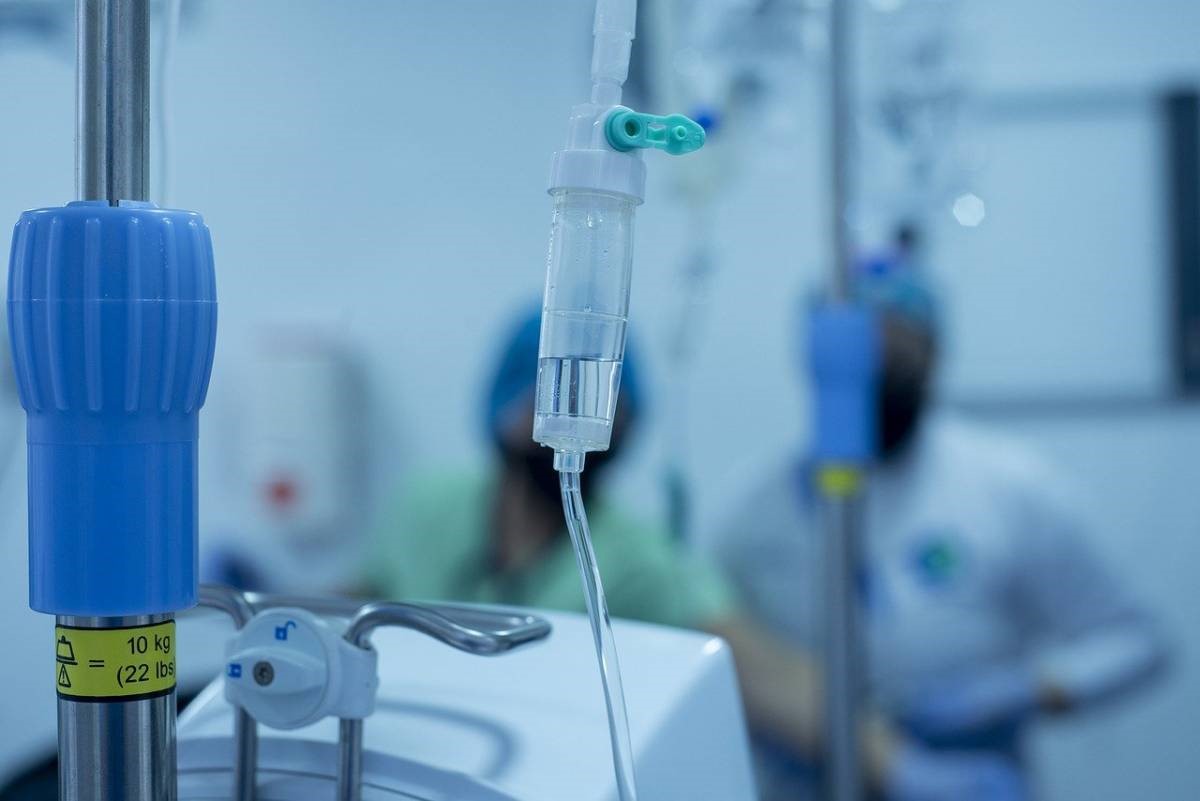
A video game to overcome the fear of anaesthesia: EZ Induction presented in the USA
It is the prescription for children between the ages of 2 and 10 thought up by a US nurse from Cincinnati Children’s Hospital, Ohio
Overcoming the fear of anaesthesia with a video game
This is the recipe for children between the ages of 2 and 10 thought up by a US nurse.
She is Abby Hess and works at the Cincinnati Children’s Hospital, in Ohio: the American researcher has in fact invented EZ Induction, a video game in which an anaesthesia mask helps the little ones to relax when they are being prepared for surgery.
It is precisely in those moments, in fact, when surrounded by scalpels and strangers wearing masks, hats and gloves, with an anaesthesia mask hovering over one’s face in a brightly lit operating theatre, that everything looks rather scary, especially for the little ones.
“I wanted to find a way to make this experience much easier for the patients,” Abby Hess explained to the US newspaper ‘USA Today’, “and the children are really very involved and comfortable with the technology.
Studies show that the highest point of preoperative anxiety in children usually occurs just before they are brought into the operating room.
Anxiety is something Hess deals with every day
“Sometimes parents are with their children,” he added, “sometimes not, but certainly being separated can be really scary.
The research also reveals that high anxiety and negative behaviour before the operation is associated with poor postoperative outcomes such as delirium, higher reports of pain and negative behavioural changes after the children return home.
But how does the video game work?
When introducing the children to the computer application, Hess shows them how the mask connects to the tablet.
That’s when the game starts.
“The story is about a small elephant who goes to a birthday party at the zoo.
The children put on the mask and start breathing into it.
The elephant then blows up a balloon that wakes up all the animals”.
Patients can play different challenges that last less than a minute.
“If the children liked those challenges,” the nurse said, “let’s tell them that they can play another level as they walk down the corridor to the operating room and that they can only play the last level as they fall asleep while wearing the mask.
In this way, EZ Induction transforms the pre-operative experience from one of increasing anxiety and worry into a desire to play again.
“The children – concluded Abby Hess – focus on something that is fun instead of being afraid”.
Read Also
Emergency Live Even More…Live: Download The New Free App Of Your Newspaper For IOS And Android
Monitored Anaesthesia: What It Is And When To Use Conscious Sedation
Epidural For Pain Relief After Surgery
Adverse Drug Reactions: What They Are And How To Manage Adverse Effects
Anaesthesia And Allergic Reactions: Factors To Take Into Account
Robotic Surgery: Benefits And Risks
Surgery: Neuronavigation And Monitoring Of Brain Function
Eye For Health: Cataract Surgery With Intraocular Lenses To Correct Visual Defects
Coronary Artery Bypass Surgery: What It Is And When To Use It
Integrated Operating Rooms: What An Integrated Operating Room Is And What Advantages It Offers
Preoperative Phase: What You Should Know Before Surgery
Humanitarian Missions In Conflict Countries: The Experience Of An Anesthesiologist
World Anesthesia Day 2020: First Of All, The Wellbeing Of The Anesthesiologists
Obesity And Bariatric Surgery: What You Need To Know
Obesity: What Is Bariatric Surgery And When To Do It
Eating Disorders: The Correlation Between Stress And Obesity
Mindful Eating: The Importance Of A Conscious Diet
Diabetic Retinopathy: Prevention And Controls To Avoid Complications
Diagnosis Of Diabetes: Why It Often Arrives Late
Diabetic Microangiopathy: What It Is And How To Treat It
Diabetes: Doing Sport Helps Blood Glucose Control
Type 2 Diabetes: New Drugs For A Personalised Treatment Approach
The Diabetic Diet: 3 False Myths To Dispel
Paediatrics, Diabetic Ketoacidosis: A Recent PECARN Study Sheds New Light On The Condition
Anaesthesia: What It Is, When It Is Performed And What Functions It Performs


